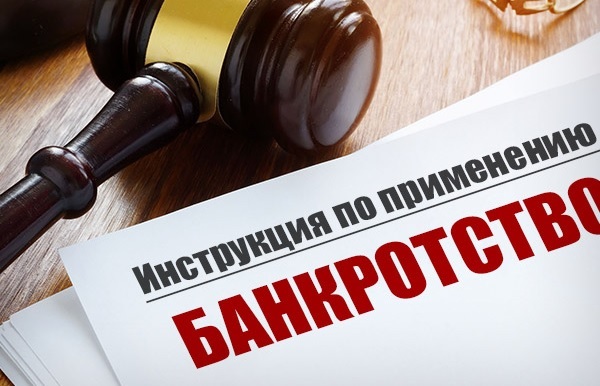Credit history (CH) is a report of all the borrower’s actions. It is stored by the credit bureaus. There are two of them in Kazakhstan - the First Credit Bureau (FCB) and the State Credit Bureau (SCB).
This document shows how many loans have been issued, which of them have been closed, whether there are any overdue payments, and how often the borrower submits requests for new loans. Credit bureaus do not create your CH themselves. All information about the borrower flows to these organizations from lenders, for example, from banking or microfinance organizations. The client fills out a request for a loan, the lender submits this information to the bureau, which they have an agreement with.
This report serves as borrower’s reliability measure. If a person stops making loan repayments in one bank, their credit history becomes a kind of “black mark”. Seeing a failure to fulfill obligations, other financial institutions may refuse to cooperate with such a client.
Bankruptcy
For people immersed in debts and unable to pay them off, the bankruptcy procedure is the only way to stop this snowball effect. “After declaring the debtor bankrupt and publishing it on the e-government website, the creditor changes the status of the bankrupt’s contract to the following: “Loans/receivables are written off as losses due to declaring of the debtor bankrupt under the personal bankruptcy law.” Secondly, credit reports reflect the status that the entity has been declared bankrupt. Thirdly, a bankrupt does not have the right to assume any financial obligations for five years,” explains Mukhamed Bagdatuly, chief specialist of the department of protection of consumer rights of financial services of the Agency of the Republic of Kazakhstan for Regulation and Development of the Financial Market (ARDFM).
According to the regulator's representative, bankruptcy can seriously degrade the credit rating. Since the credit rating is an important factor in assessing creditworthiness, its deterioration significantly complicates the process of obtaining new loans and borrowings. Banks and microfinance organizations often perceive such a person as a riskier debtor. This may result in loan refusals or stricter lending conditions, such as higher interest rates or loan collateral requirements. After bankruptcy, rebuilding the credit history takes time and discipline.
“Bankruptcy has a serious and lasting impact on credit history making it more difficult to obtain new loans. However, over time and with correct financial behavior, it is possible to gradually restore your creditworthiness,” concluded Muhamed Bagdatuly.
Source: https://prodengi.kz/post/kak-bankrotstvo-otrazaetsya-na-kreditnoi-istorii
Photos are from open sources.





